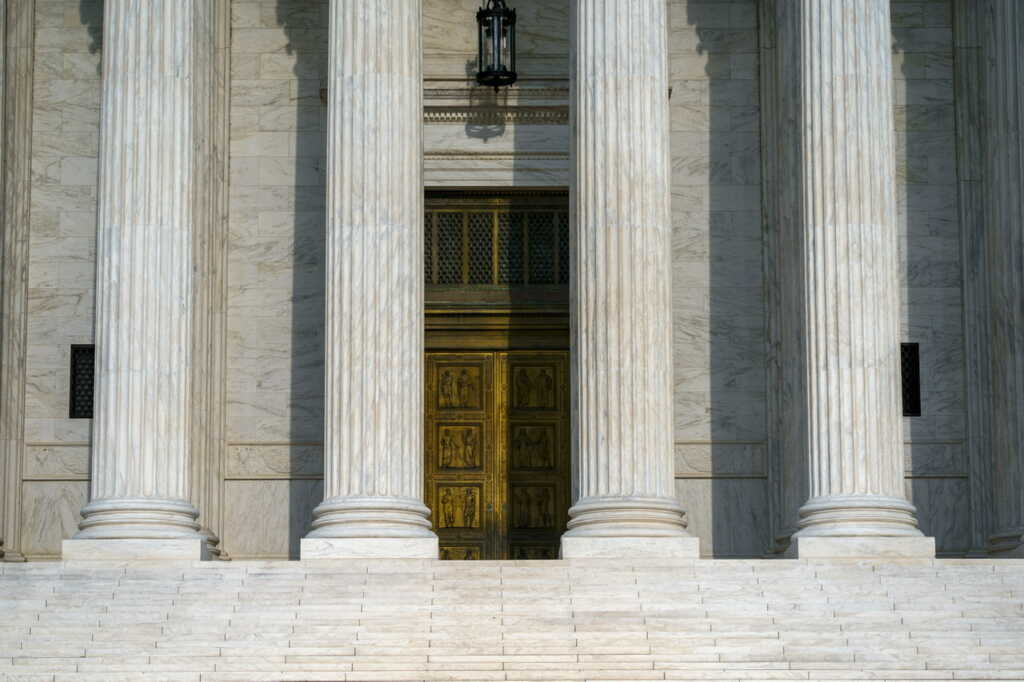Though he initially called it “a bonehead idea,” President Joe Biden has since launched an exploration into expanding the U.S. Supreme Court in hopes of gaining a left-leaning super majority in the deliberative body.
There is, though, at least one high court jurist siding with his late colleague, Justice Ruth Bader Ginsburg, who in 2019 described expanding the Supreme Court as “a bad idea.”
During a recently published interview with NPR, progressive Justice Stephen Breyer warned leftists who wanted to expand the court, telling them “what goes around comes around.”
He told NPR’s Nina Totenberg liberals should be careful what they wish for.
“If the Democrats can do it, the Republicans can do it,” Breyer said. “And therefore, beware. Be careful.”
Also during the discussion, Totenberg questioned the claims Breyer made in his new book, “The Authority of the Court and the Perils of Politics,” namely that “people respect the court even when they disagree with it because the public at large has come to understand and respect the law,” that “if we fiddle with the court’s structure … we will be frittering away all of the long-won respect the court has earned,” and that “people will no longer respect the court’s decisions and they would abide by decisions that they think are just delivered by a bunch of pols.”
In response, Breyer said he’s “learned over time that it’s very, very difficult to get people who think that some court decision is totally wrong to think that I should follow it nonetheless.”
LISTEN TO TODAY’S PODCAST AND SUBSCRIBE:
The justice said he learned that lesson thanks, in part, to former Senate Majority Leader Harry Reid (D-Nev.), who, despite being vehemently opposed to the Supreme Court’s ruling on Bush v. Gore in 2000, accepted it nevertheless. As Breyer characterized it, Reid noted that “the most remarkable thing about this case is something that’s rarely remarked: even though it affected a lot of people, and probably half the country didn’t like it at all, people followed it, and they didn’t throw brickbats at each other and they didn’t shoot each other and they didn’t have riots.”
Breyer then condemned the use of violence in response to rulings with which people disagree.
“I know, I’ve talked at some of the universities,” Breyer said. “They say too bad there weren’t more a few more riots [after the 2000 election]. I say, ‘Really? Go look at what happens in places where they don’t have this willingness to accept,’ and that’s what’s taken us 200 years to get to a certain point. … I don’t say, ‘Therefore, don’t change the court.’ I say, ‘Take all this into account, my friends.’”
***As the number of voices facing big-tech censorship continues to grow, please sign up for Faithwire’s daily newsletter and download the CBN News app, developed by our parent company, to stay up-to-date with the latest news from a distinctly Christian perspective.***



